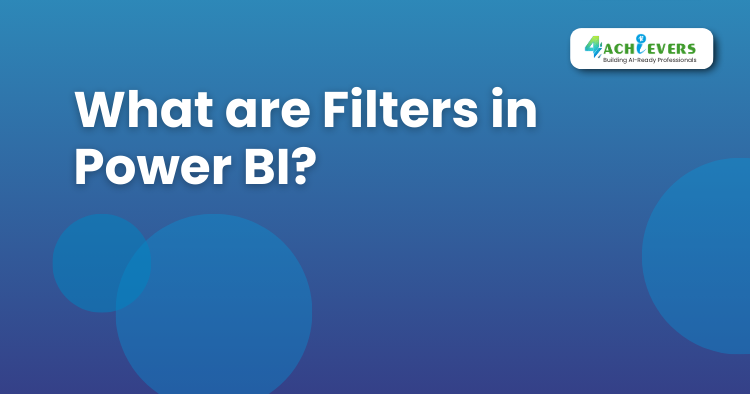How to Become a Data Analytics in India
How to Become a Data Analyst in India
From mastering Excel to building dashboards in PowerBI. A complete guide to launching a high-growth career in Data Analytics without a coding background.
Data is the new oil, but raw oil is useless until it's refined. That’s exactly what a Data Analyst does. They turn raw, messy numbers into clear, visual stories that help CEOs and managers make profitable decisions.
Unlike Data Science, which requires heavy math and coding, Data Analytics is more accessible. If you love solving puzzles and telling stories with charts, this is the perfect career path for you. Here is your roadmap to getting hired in India.
What Does a Data Analyst Do?
While a Data Scientist predicts the future (Machine Learning), a Data Analyst explains the past and present (Business Intelligence). Your daily workflow involves:
Core Responsibilities:
- Data Collection: Pulling data from SQL databases or Excel sheets.
- Data Cleaning: Removing duplicates and fixing errors (the most time-consuming part!).
- Analysis: Finding trends, dips, and spikes in sales or user activity.
- Visualization: Creating dashboards in PowerBI or Tableau for stakeholders.
Data Analyst Salary in India (2026)
Data Analysts are in high demand across Fintech, E-commerce, and Healthcare sectors in India.
Step-by-Step Learning Roadmap
1. Excel: The Foundation
Never underestimate Excel. It is used in 90% of companies. Master VLOOKUP, Pivot Tables, XLOOKUP, and Conditional Formatting.
2. SQL: Speaking to Databases
You need SQL to pull data from company servers. Focus on SELECT, JOINS, GROUP BY, and Subqueries.
3. Visualization (BI Tools)
This is where you make data look beautiful. Learn to build interactive dashboards using PowerBI (most popular in India) or Tableau.
4. Python (Optional but Recommended)
While not mandatory for entry-level, knowing basic Python (Pandas/Matplotlib) helps you handle massive datasets that Excel crashes on.
Must-Know Tools
 SQL
SQL
 Tableau
Tableau
Launch Your Analytics Career
You don't need a coding background to become a Data Analyst. Master the tools, build a portfolio of dashboards, and get hired.






